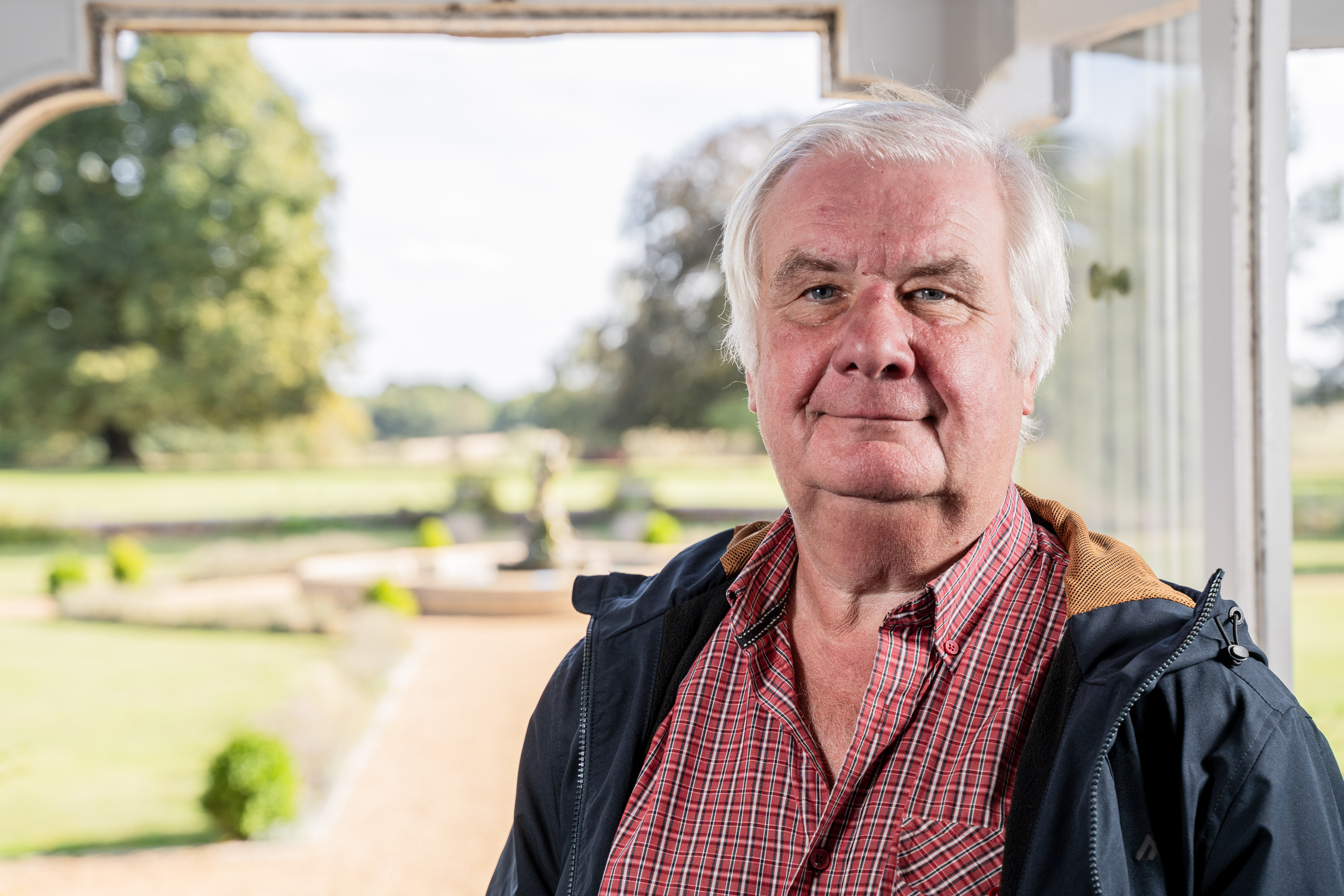 Chris Sheehan is a Pioneer Minister in Evesham having been ordained six years ago. With a ministry focussed on working in the community, he decided to stay as a distinctive deacon rather than being ordained as a priest at the end of the first year of his curacy.
Chris Sheehan is a Pioneer Minister in Evesham having been ordained six years ago. With a ministry focussed on working in the community, he decided to stay as a distinctive deacon rather than being ordained as a priest at the end of the first year of his curacy.
Chris said: “I hadn’t heard about distinctive deacons until I started going through the discernment programme. I felt and still feel called to "feed my sheep" and being able to combine paid work with this calling and the overlap between the diaconate and Pioneer ministry is a real blessing.”
Distinctive deacon is a specific ministry in the Church of England. They are deeply-rooted in the church, while the focus and range of their ministry takes place outside the church in the community, and on the margins of church and society. Since ordination, Chris has started a number of different projects in Evesham, working with refugees and families and setting up a pop-up soup kitchen for the local community.
“As a deacon I bring the needs of the world into the church and take the love of God out into the world. Of course, many priests also do this, but they have other responsibilities within the church building so aren’t able to necessarily have this as their primary focus. I didn’t feel called to share the Eucharist and I can share the stories from those I meet in the community when I am leading services. For me it was all about using my gifts in the best way.”
There are only around 150-200 distinctive deacons in the Church of England. In our diocese Chris is currently the only one, with another currently in training for ordination. The Church of England Network of Distinctive Deacons (CENDD) is in the process of bringing together those who share this ministry and promote the diaconate as a calling in its own right. The Bishop of Sheffield is their patron.
Chris continues: “It is easy for this calling to be overlooked and we want to ensure that those exploring ordination realise that it is a possibility. Some people decide to be ordained as a priest further down the line and some, like me, feel like remaining as a deacon is a much better fit for what God is calling them to do and be.”
The group try to correct any misunderstandings around what deacons can and can’t do as well as providing information for diocesan directors of ordinands and incumbents who might be supporting distinctive deacons through training.
“It is a very biblically present, alternative way of being ordained,” said Chris. “I don’t feel like I am missing out on anything and am very keen to encourage others who might feel similarly called – after being ordained deacon, you don’t have to become a priest.”
Find out more at: https://cofedeacons.org/

